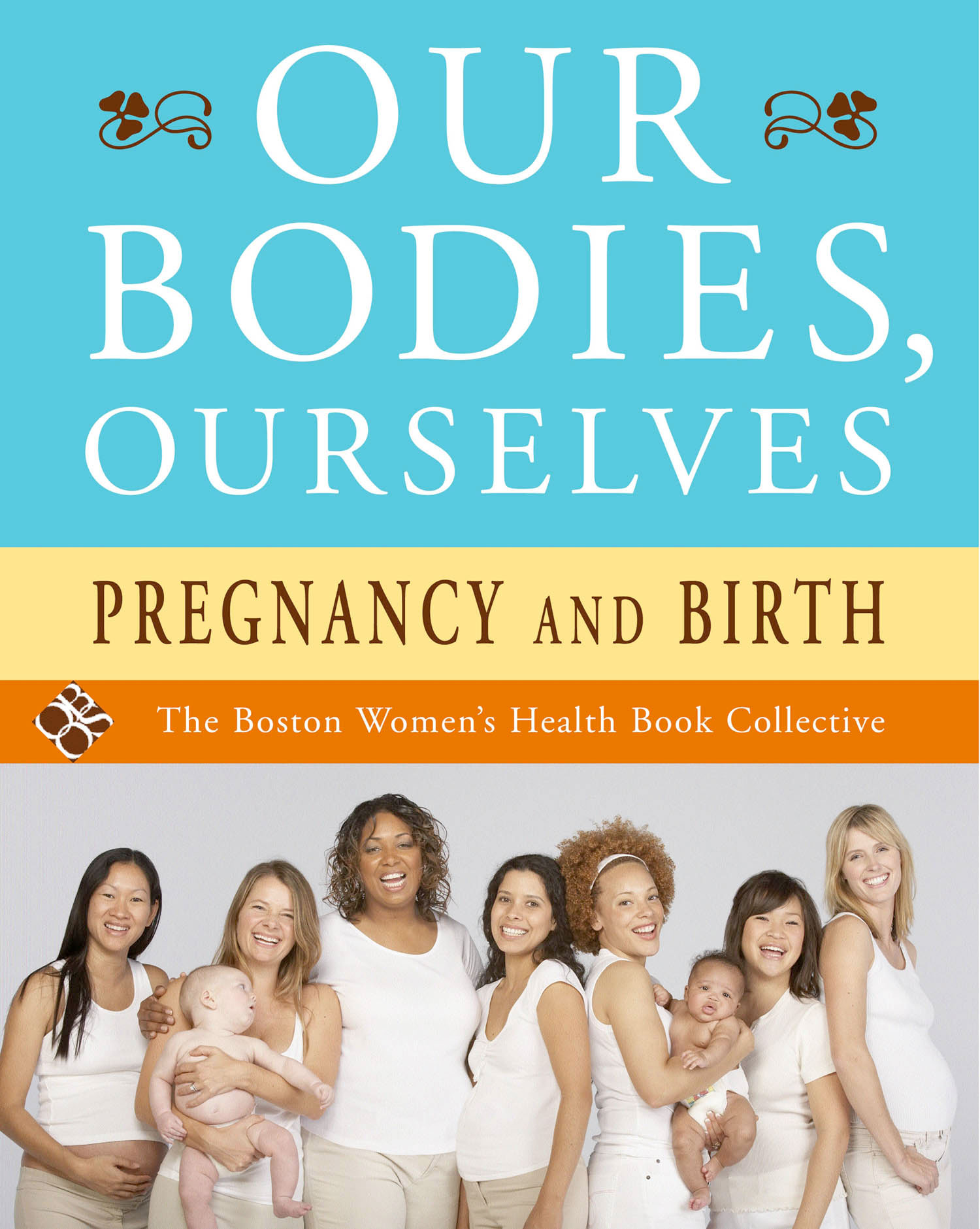Our Bodies, Ourselves: Pregnancy and Birth

Pregnancy and birth are normal, healthy processes for most women, the vast majority of whom have healthy pregnancies and babies. Yet childbirth is often seen as an unbearably painful, risky process to be managed in a hospital with the use of many tests, drugs, and procedures. This book presents the best available evidence about the advantages and disadvantages of a range of practices, from epidurals to episiotomies, and explores options for improving birth experiences and outcomes.
To find out more:
- Read the introduction
- View the table of contents and list of contributors by chapter
- Find out more about the book
- Read “Challenges to Producing ‘Our Bodies, Ourselves: Pregnancy and Birth’”
- Read a Q&A with OBOS founder Judy Norsigian
Praise for Our Bodies, Ourselves: Pregnancy and Birth
From Publishers Weekly:
“In this third spin-off of Our Bodies, Ourselves, the self-described women’s health ‘bible’ first published in the 1970s, the Boston Women’s Health Book Collective focuses on pregnancy, birth and recovery. This book will help women make confident and informed choices about the birth process as they negotiate the healthcare system and balance their options.
“The chapters are arranged chronologically along the journey into motherhood, with useful sections on the physical and emotional changes of each trimester, fetal development and prenatal testing. Other topics include choosing a healthcare provider, prenatal testing, labor, pain management, recovery, breastfeeding, emotional ups and downs and many other issues.
“The text is interspersed with pertinent personal narratives, as well as with more than 70 black and white photos and illustrations; the emphasis is on up-to-date information, probing the use-and overuse-of various practices and medical interventions. ‘Informing yourself about these practices and their alternatives,’ the editors write, ‘is an essential step toward creating a better birth experience for yourself and your baby.’ This comprehensive guide is sure to take its rightful place among its sister titles, empowering a new generation of expectant mothers.”
“Our Bodies, Ourselves: Pregnancy and Birth contains a treasure trove of information you won’t find in other books on pregnancy and birth. The advice is balanced, honest, medically up-to-date and beautifully presented. If you read only one book in preparing to deliver your new baby, this should be it.
— Sandra Blakeslee, co-author of “The Body Has a Mind of Its Own”
“As a new mother myself, I appreciated all the scientific evidence that was used to back up recommendations or to question standard practices. And yet this book manages to be a smart, readable guide that is not preachy — a rarity for pregnancy books.”
— Tina Cassidy, author of “Birth: The Surprising History of How We Are Born”
“The trusted Boston Women’s Health Book Collective has written a comprehensive, accessible, and up-to-date book for expectant mothers. It balances important facts, scientific data, and evidence with the voice of the “wise woman”; and it provides questions to ask, issues to think about, and options to consider and discuss. This is the #1 book I am going to recommend to my patients.”
— Timothy Johnson, MD, FACOG, Bates Professor and Chair of Obstetrics and Gynecology and Professor of Women’s Studies, University of Michigan
* In the spring of 2008, the University of Michigan Health System in Ann Arbor purchased 4,000 copies of “Our Bodies, Ourselves: Pregnancy and Birth” for all of its patients seeking prenatal care.
“Once again, OBOS is the voice of reason and sound evidence in what has become a fear-based culture of childbirth in America, where medical technologies abound but often increase risks to mothers and babies unnecessarily. This book is an essential resource for women who want to make informed decisions about who will attend them at birth, where they give birth, and how they will manage the pain of labor.”
— Lorrie Kaplan, Executive Director, The American College of Nurse-Midwives
“Too much current maternity care overuses technological and surgical interventions in normal pregnancies, often detracting from the joy and optimal mother and baby outcomes that are possible. This book is a clarion call for more sanity in our maternity care system.”
— Charles S. Mahan, MD, FACOG and Professor Emeritus of Public Health and Obstetrics and Gynecology, USF, Tampa
